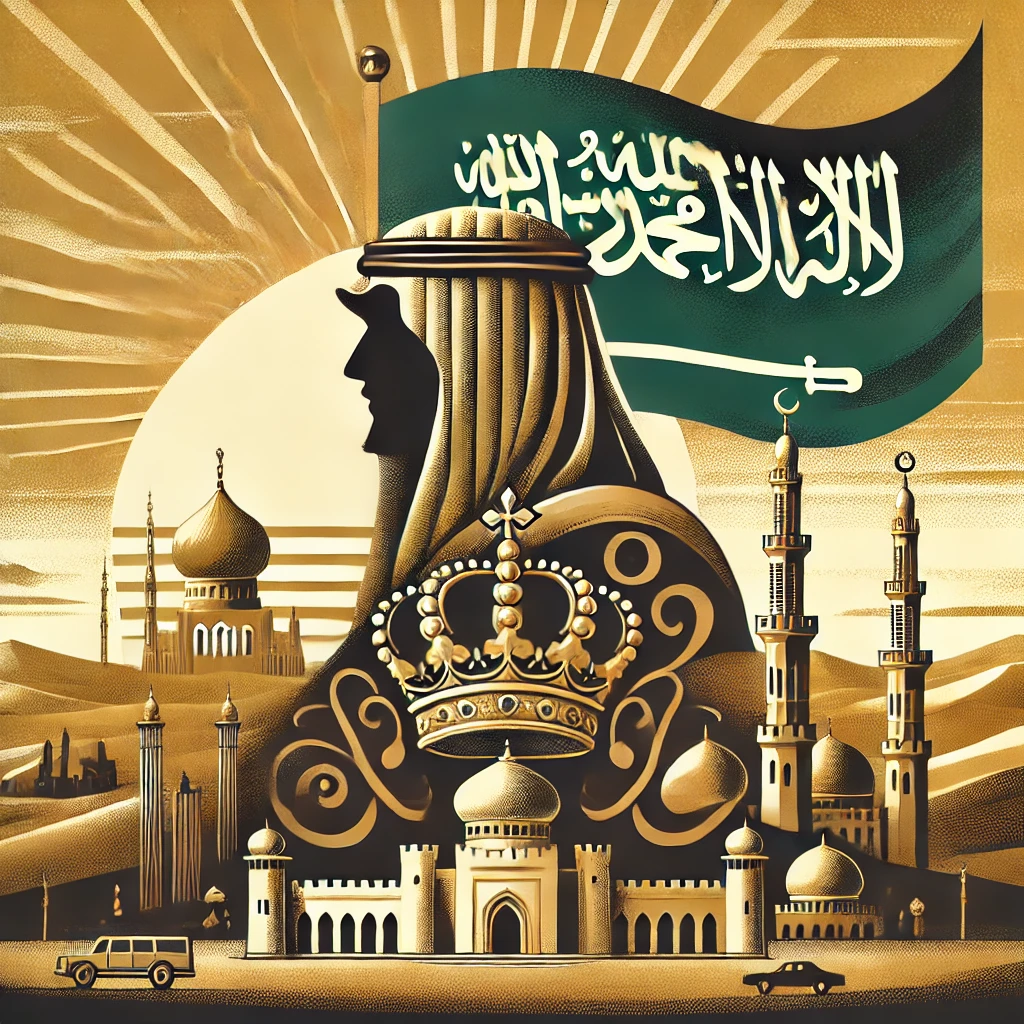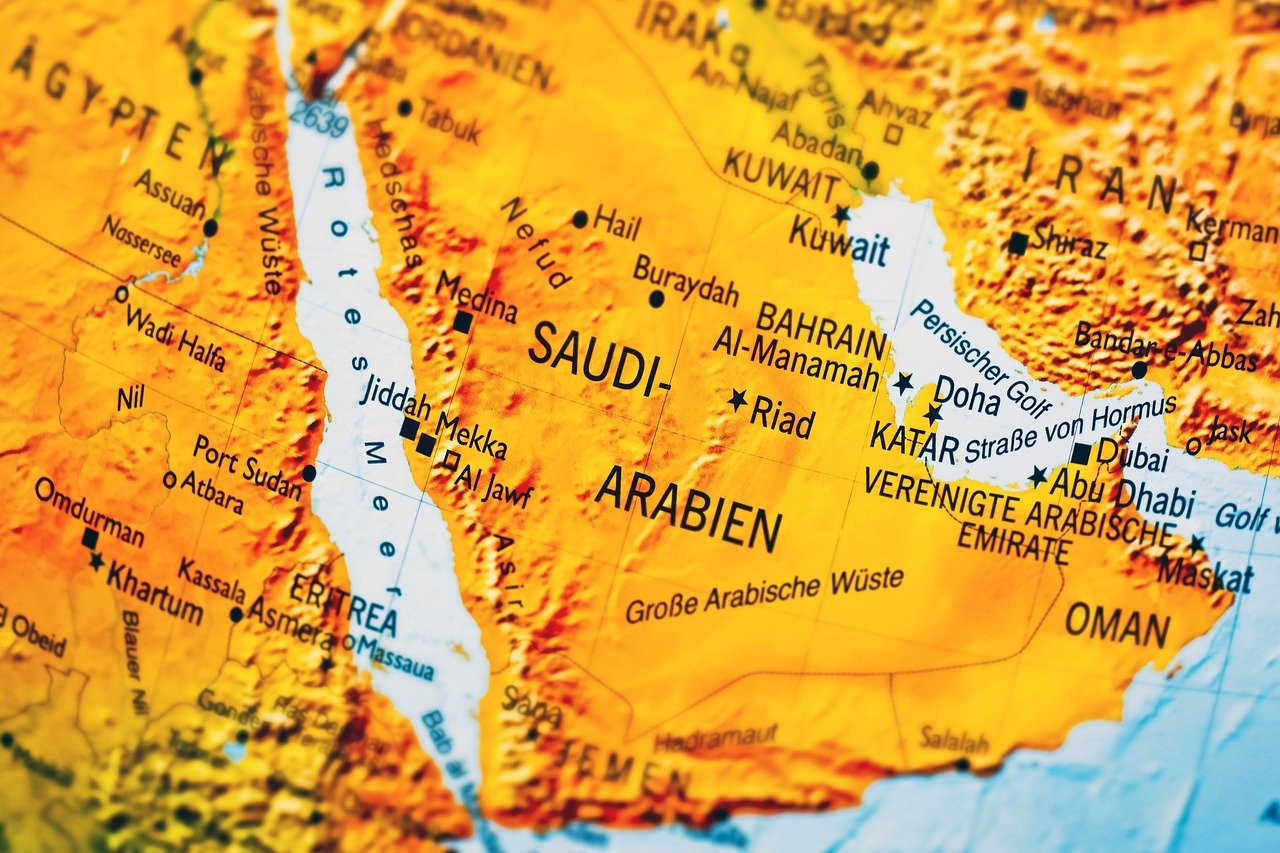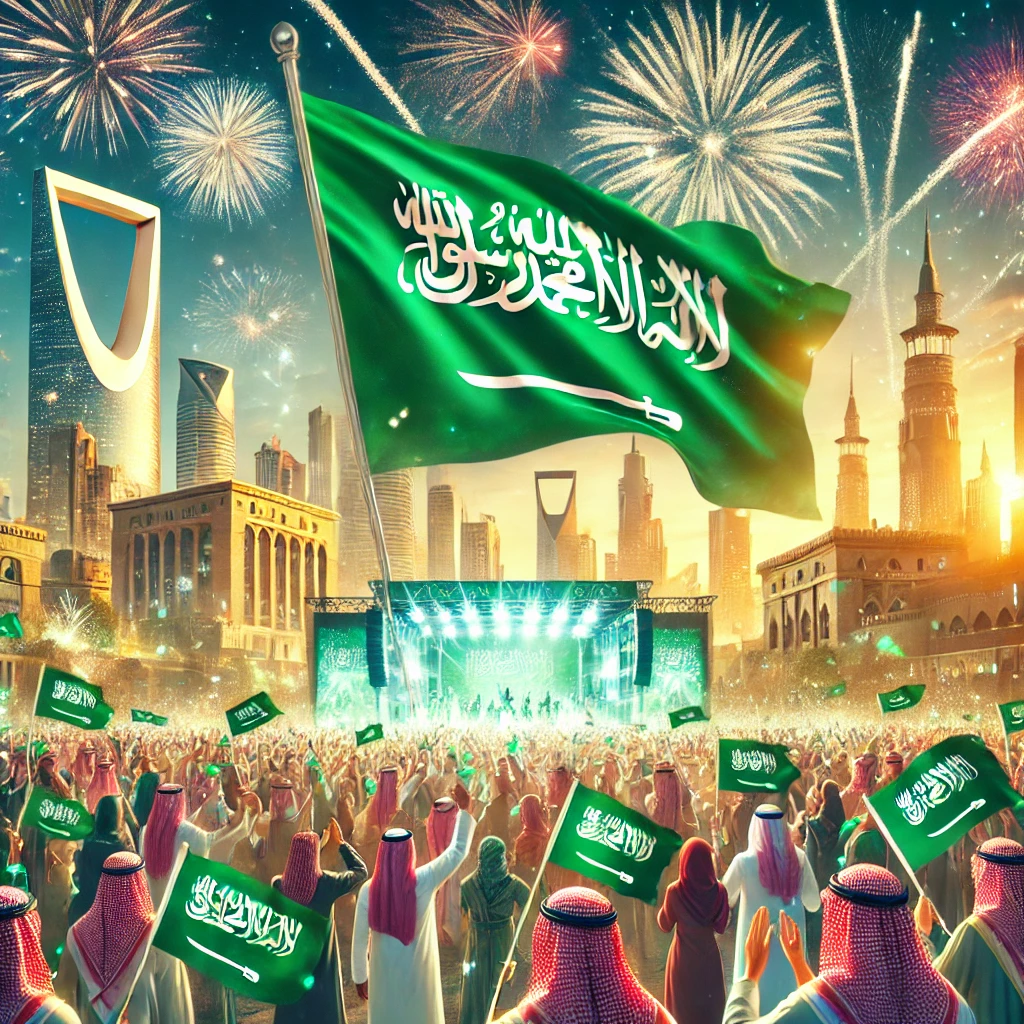Saudi Arabia’s history is a tale of visionary leadership, determination, and unwavering commitment to the welfare of its people. The Kingdom’s kings have played a monumental role in shaping the nation, ensuring its stability, modernization, and global significance. Below is an exploration of their leadership, categorized by their unique contributions to various aspects of governance and development.
1. The Foundation of a Unified Nation
King Abdulaziz Al Saud (1932–1953): The Architect of Saudi Arabia
King Abdulaziz Al Saud, the founder of modern Saudi Arabia, was a leader of extraordinary vision and charisma. By uniting the tribes of the Arabian Peninsula, he created a unified kingdom, establishing a stable government and an enduring national identity.
Highlights of His Era:
- Established Riyadh as the capital and seat of governance.
- Introduced the first administrative and financial systems.
- Fostered stability and security in a historically turbulent region.
His unification efforts are considered one of the most significant achievements in the history of the Arab world.
2. Laying the Foundations of Modernization
King Saud bin Abdulaziz (1953–1964): Education and Welfare Pioneer
As the first king to succeed Abdulaziz, King Saud prioritized the welfare of citizens by enhancing education and healthcare.
Key Contributions:
- Built schools, hospitals, and universities across the Kingdom.
- Improved housing and infrastructure to accommodate a growing population.
- Strengthened international diplomatic relations.
King Saud’s reign laid the groundwork for the Kingdom’s development, ensuring better living standards for its people.
King Faisal bin Abdulaziz (1964–1975): The Reformer and Global Advocate
King Faisal introduced pivotal reforms that modernized Saudi Arabia while preserving its cultural values.
Key Achievements:
- Modernized the educational system and promoted women’s education.
- Reorganized the economy to diversify income sources.
- Advocated for Muslim unity and global justice, particularly in support of Palestine.
King Faisal’s visionary policies earned him respect as a leader committed to progress and equity.
3. The Era of Rapid Growth and Global Influence
King Khalid bin Abdulaziz (1975–1982): Economic Prosperity
King Khalid’s reign coincided with an oil boom that transformed Saudi Arabia into a global economic powerhouse.
Achievements During His Era:
- Constructed new cities and expanded infrastructure.
- Initiated programs to modernize agriculture and industry.
- Enhanced the Kingdom’s global influence through strategic partnerships.
King Fahd bin Abdulaziz (1982–2005): Custodian of the Two Holy Mosques
King Fahd focused on solidifying Saudi Arabia’s role as the spiritual heart of the Muslim world while addressing modern challenges.
Notable Contributions:
- Undertook massive expansion projects for the Holy Mosques in Mecca and Medina.
- Strengthened national defense and infrastructure.
- Played a key role in resolving regional conflicts, including the Gulf War.
King Fahd’s commitment to both religion and modern governance left a profound impact on the Kingdom’s development.
4. Transformative Reforms for a Modern State
King Abdullah bin Abdulaziz (2005–2015): A Visionary Reformer
King Abdullah is remembered for his forward-thinking approach, which prepared Saudi Arabia for the challenges of the 21st century.
Key Reforms:
- Launched the King Abdullah Scholarship Program, enabling thousands of Saudis to study abroad.
- Promoted interfaith dialogue to foster understanding between cultures.
- Developed renewable energy and infrastructure projects to diversify the economy.
His reign saw Saudi Arabia emerge as a global player with a focus on innovation and inclusion.
King Salman bin Abdulaziz (2015–Present): The Architect of Vision 2030
Under King Salman, Saudi Arabia embarked on an ambitious path of transformation through the Vision 2030 program.
Key Features of Vision 2030:
- Economic diversification to reduce reliance on oil.
- Empowering women and increasing their participation in the workforce.
- Developing tourism, entertainment, and technological sectors.
King Salman’s leadership is shaping Saudi Arabia into a modern, sustainable, and globally connected nation.
5. Saudi Arabia: The Spiritual Heart of Islam
The kings of Saudi Arabia have always prioritized their role as the “Custodians of the Two Holy Mosques.”
Efforts Across Generations:
- Continuous expansion of the Grand Mosque in Mecca and the Prophet’s Mosque in Medina.
- Upgrading infrastructure to accommodate millions of pilgrims during Hajj and Umrah.
- Ensuring the safety and comfort of pilgrims with modern facilities and services.
This commitment underscores Saudi Arabia’s pivotal role in the Islamic world.
6. Diplomacy and Global Presence
Saudi Arabia’s kings have consistently worked to strengthen the Kingdom’s global standing.
Key Diplomatic Initiatives:
- Active participation in organizations like the United Nations and OPEC.
- Advocacy for Muslim unity and global peace.
- Strategic partnerships with leading nations to address global challenges.
Through their leadership, Saudi Arabia has become a respected voice in international affairs.
Conclusion: A Legacy of Leadership and Vision
The kings of Saudi Arabia have guided the nation with wisdom and foresight, ensuring its stability, prosperity, and global prominence. From King Abdulaziz’s unification of the Kingdom to King Salman’s transformative Vision 2030, their leadership reflects a deep commitment to the welfare of their people and the preservation of their rich heritage.
As the Kingdom continues its journey, its royal legacy serves as a foundation for building a bright and sustainable future.




Pingback: Famous Historical Figures of Saudi Arabia: Legacy and Impact - majesticsaudiarab.com